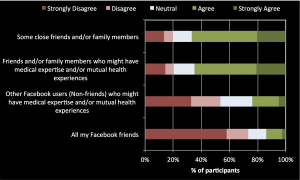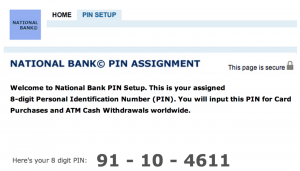
Cryptocurrency markets have grown substantially in recent years, and have attracted new users and investors, pushing the overall number of owners into the millions. At the same time, the number of distinct cryptocurrencies has exploded to over 5,000. In this burgeoning and chaotic “cryptojungle,” new and unexplored incentives and risks drive the behavior of users and non-users of cryptocurrencies. While previous research has focused almost exclusively on Bitcoin, other cryptocurrencies and utility tokens have been ignored. Led by my PhD student Artemij Voskobojnikov, an interview study of cryptocurrency users and non-users focused on their perceptions and management of cryptocurrency risks as well as their reasons for or against involvement with cryptocurrencies.
Continue reading



